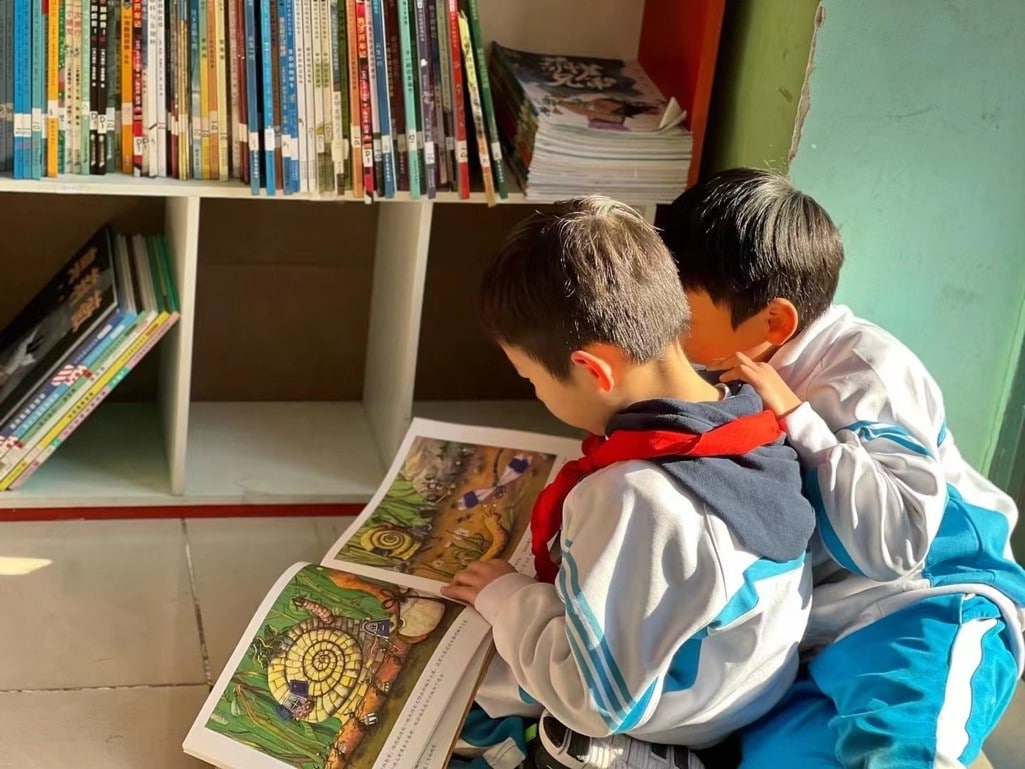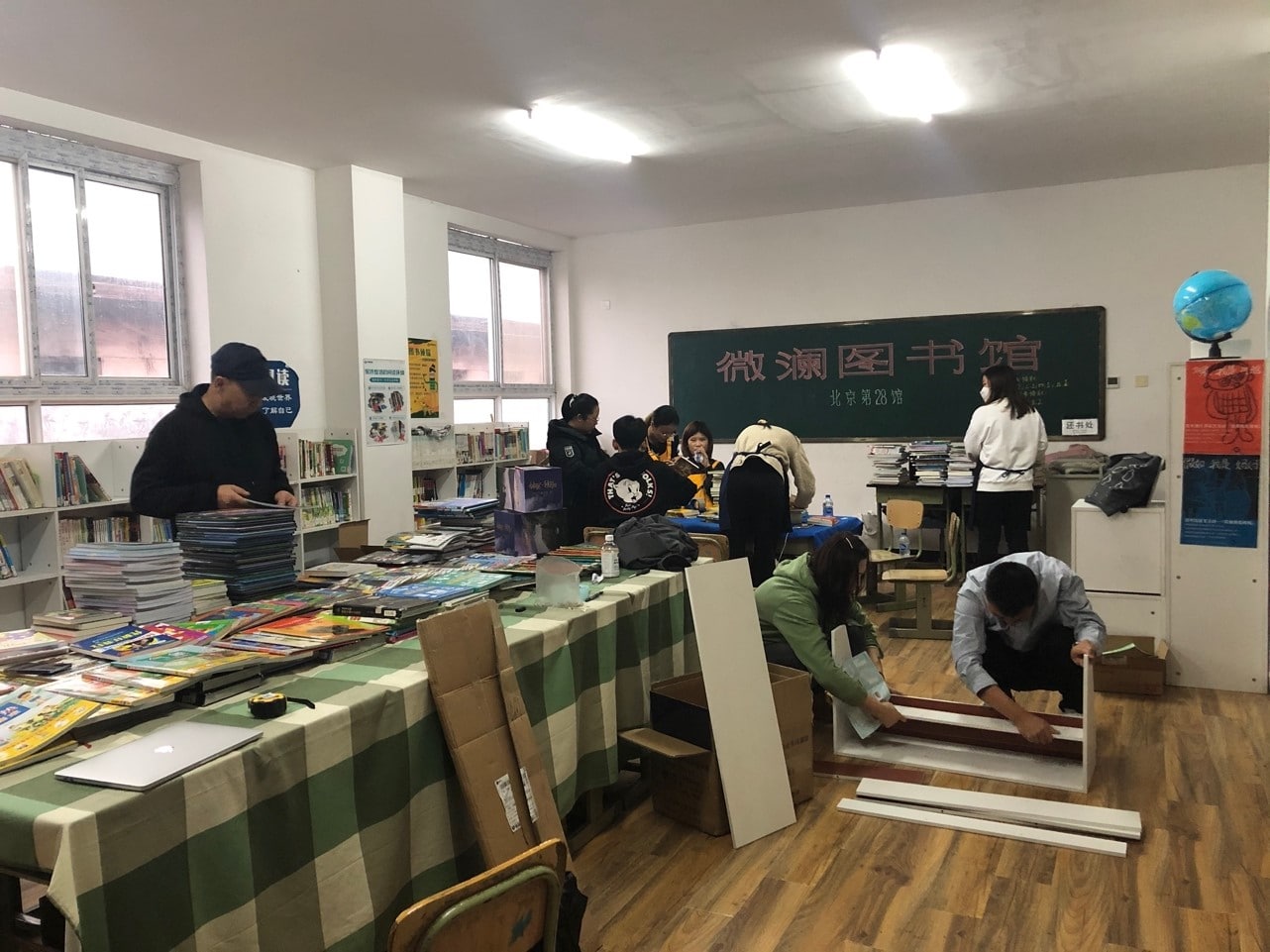Millions of people in China have moved from the countryside to the cities since the country began to open up in the late 1970s. While living standards have risen, economic development is uneven, with many in rural areas not benefitting to the same extent as their urban counterparts. This disparity continues to drive people to the cities in search of better lives.
According to the National Bureau of Statistics, in 2020, approximately 131 million laborers moved from rural to urban areas. Due to the household registration (户口) system which leads to unequal access to services such as education and healthcare, not all migrants take their children with them. But data from the Development Report of China’s Migrant Population 2016 shows that this is changing. A 2017 UNICEF estimate reveals that there were 34.26 million rural children who had moved with their parents.
With a huge number of people choosing to migrate, China’s government has published a series of policies to improve their access to resources and social welfare in an attempt to give them equal status. These changes mean that many migrants are now able to get an urban household registration document, enabling them to access various public services.
Under the guidance of the Ministry of Education, all cities have now developed policies that allow the children of migrant workers to attend local state schools. But data from the government reveals that around 80 percent of them attended state schools in 2020. This means the remaining 20 percent were forced to choose low-fee private (LFP) schools. The reality is, LFP schools often lack resources and facilities and are at constant risk of being shut down due to the fact that they are often unregistered. Yet for some they are the only option.
The gap between what a LFP school can offer a child and what a child needs is wide; and so far, it has been mostly filled by charities. CDB recently spoke to two staff members from Wei Lan Library, a program set up to offer children in LFP schools good books and library services.
Wei Lan Library is part of an initiative proposed by Beijing Sanzhi Center for Unprivileged Children, an organization formerly known as the New Citizen Program. Sanzhi is committed to raising awareness of issues in children’s education through research, communication and public advocacy. Before the library program was established, most of the programs carried out by Sanzhi were research-based.

In October 2017, Wei Lan Library established its first branch at an LFP school in Beijing. By collaborating with teaching staff, community centers and volunteers, Wei Lan is now running 49 LFP school libraries in nine cities including Beijing, Shanghai, Guangzhou and Shenzhen, serving children aged from six to 15.
Library workers Wei Jiayu and Liao Xixiong are both career changers. Before joining the charity sector, Wei was a physics researcher.
“During the period when I was doing my PhD at the China Academy of Engineering Physics, I had the chance to read many books about Chinese society which eventually drew my attention to children’s education, so I decided to quit my PhD program and joined the charity sector in 2010,” said Wei, who now works as the director-general of Sanzhi and also heads the Wei Lan No.2 Library in Beijing.
Liao worked in the business sector for a decade before she resigned and did a two-year volunteer program with Wei Lan. “I have always been interested in children’s education because of some of my childhood experiences, and Wei Lan helped me achieve this dream.” Using the skills she gained from her past experiences, Liao now serves as Sanzhi’s director of communications.
“In recent years, the Ministry of Education has required schools to set up libraries and each library is required to open to children for 40 hours every week,” Wei said. While this policy may be easy to follow for state and registered private schools, for LFP schools it is more complicated. LFP school libraries are mostly ill-equipped and not frequently used. Buying books and hiring a librarian in a first-tier city such as Beijing is often prohibitively expensive.
“What Wei Lan does is to reach out to LFP school principals and discuss the possibility of us taking charge of the school libraries. Schools only need to provide a space for the library; Wei Lan will then run it as a volunteer service. Some of the volunteers are university students, others are retired people, stay-at-home mums and people with flexible working hours who want to help out.”

Wei and Liao say that the concept of a Wei Lan library is to offer better education resources to migrant children – providing them with books and a place to make friends.
“For many kids, their parents may not be able to help them develop a habit of reading; most of them do not have many books at home. Some parents understand the importance of reading, but they have difficulty selecting good books for their children. This is where our library comes in,” said Liao.
Recommended reading lists for children are always out there; but in practice, knowing what children like or want to read is equally important.
“On the one hand, we encourage children to read books that can equip them with knowledge about the earth, nature and our culture and society. But on the other hand, we do not want to limit children’s choices, especially for younger children who are easily attracted to comic books,” Wei said. “Some of our libraries will experiment with different types of books and see if children like them. We will regularly purchase new ones to keep our selection relevant.”
Liao explained that the book selection also has to meet children’s needs, preparing them or helping them to understand issues they will face while growing up.
“For example, we will have a section of books especially for children entering their teenage years. Children in that period tend to be sensitive and confused about their development and growth. While they find it hard to get support from their parents, we hope they can find help and guidance from books.”
“As migrant children, many of them understand that their stay in the city may not be permanent. The reality is, some of them will be sent back to their hometown to continue their education or drop out of school altogether to help support their families. While they are still at school, we hope that the books in the library can serve as an additional source of knowledge, support and comfort. And that they will not stop reading wherever they end up,” Liao added.
To read part two of CDB’s interview with Wei Lan Library, click here.



